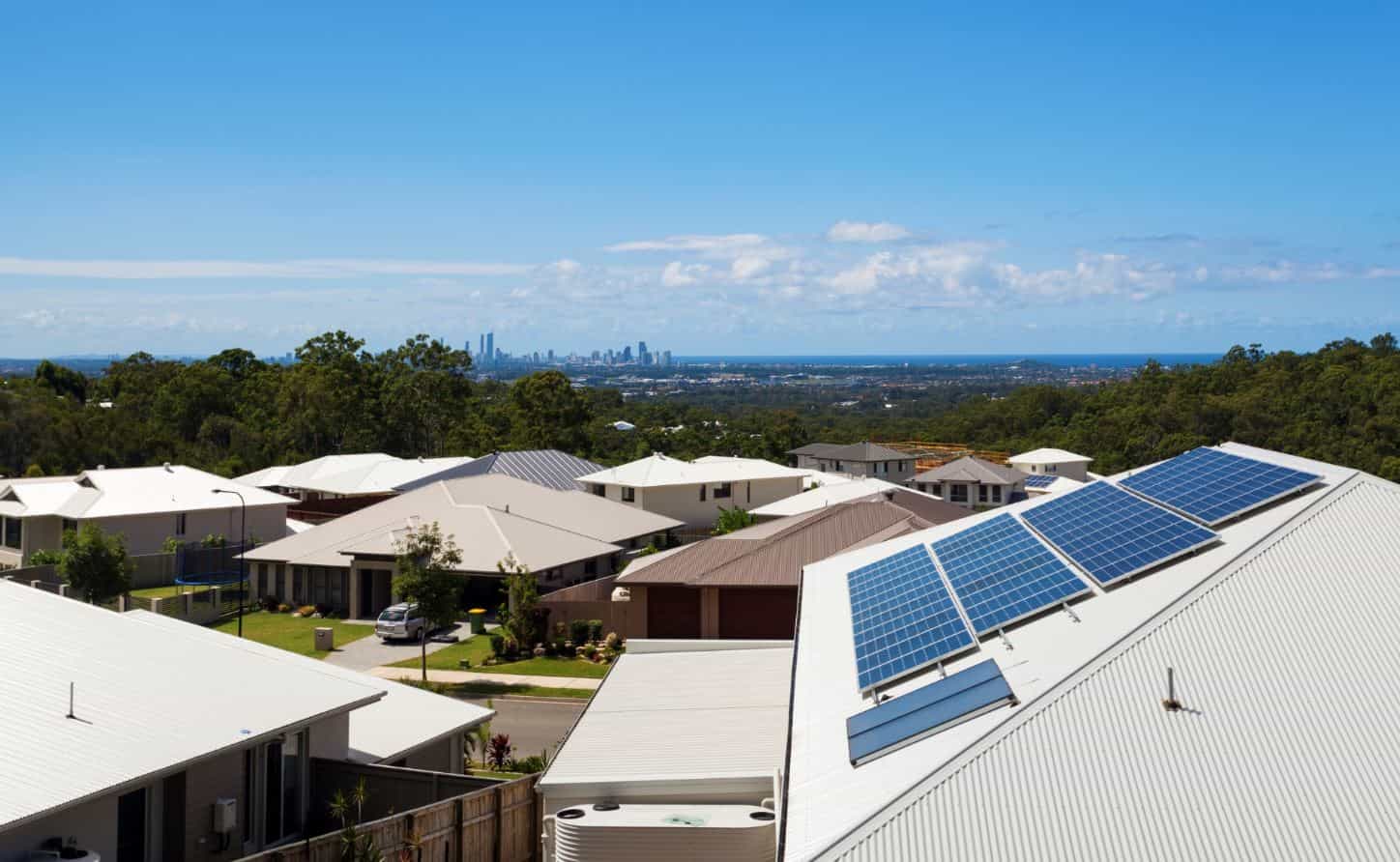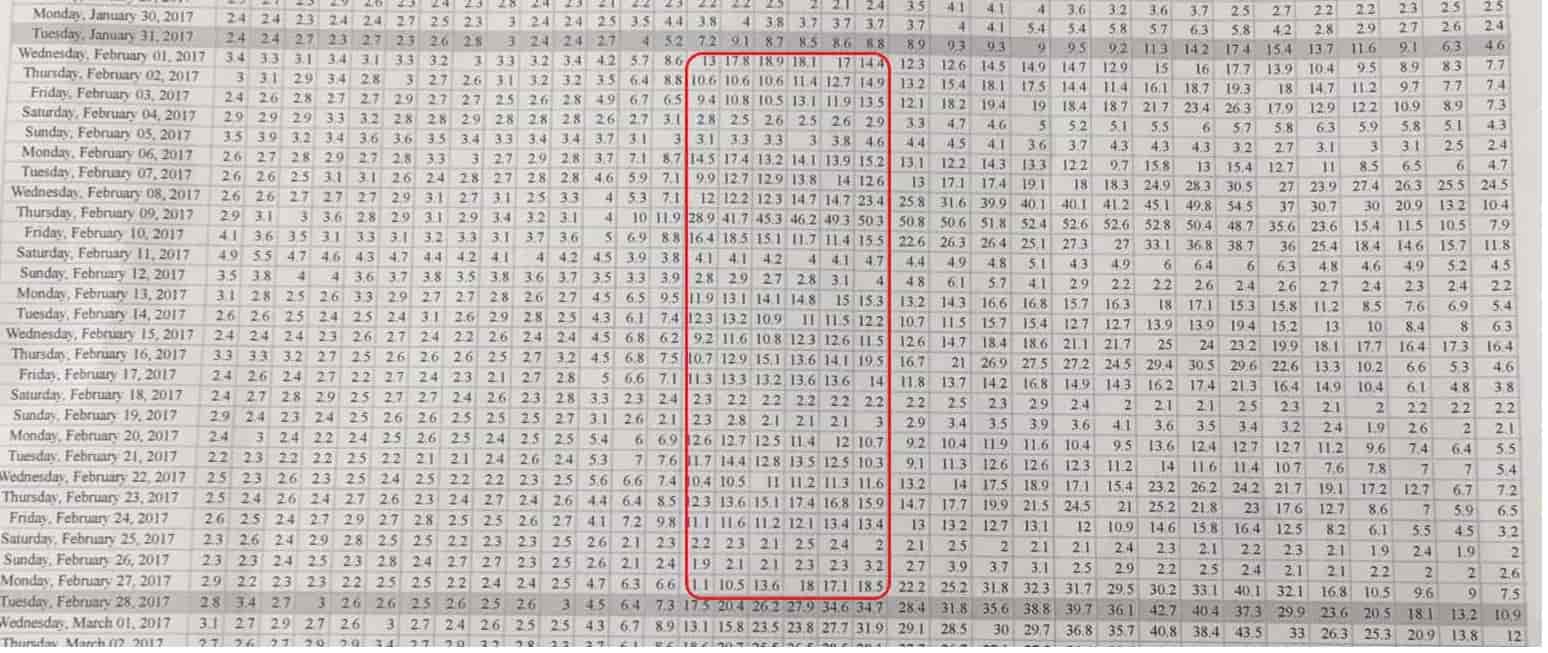
Have you thought about installing a solar energy system for your Melbourne property or maybe adding more solar panels for your Melbourne business?
Perhaps you have gone so far as to gather a few solar quotes from installers. Solar energy is a fantastic way to decrease the energy costs of your home or business and it’s a positive step into the future of your energy needs.
The 1st step for installing solar on your property
Whether you have taken this step or not; whether you’re thinking about solar energy for your property or you’ve gone as far as contacting installers here’s an absolute MUST before you agree on a quote.
If your home or property has a smart meter installed (and thousands of properties across Victoria now do thanks to incentives and awareness campaigns run in previous years) you can collect the data from the smart meter through your energy retailer. I’ve provided some links at the bottom of this post for contacting your energy retailer to collect this information.
Solar for your home? Solar for business? or Call us
Interval Billing
Your energy retailer will supply a digital spreadsheet of data which a solar installer can analyse. The data is provided in 30 minutes intervals, hence why it’s called ‘interval billing’.
Here’s an example Energy Makeovers received from a commercial property interested in a solar energy system for their buildings. We printed the data out and I’ve taken a photo to help show you what an interval bill looks like.
This property was a school and as you’d expect their energy is most heavily consumed during terms times and from 8am to 5pm Monday to Friday. You can see from the circled red area in our picture that the consumption numbers shoot up consistently at the same time throughout the week and drop on weekends.

Interval billing is a fantastic tool that not only shows you when you’re using energy the most but also shows you how much you’re using at any one period of time.
Why does that billing data matter?
Knowing your maximum energy consumption can help assess what size solar energy system you’ll need for your property. For example, this school received a quote from a solar installer who recommended a 60 kwh solar energy system should be installed. But the school doesn’t use that much energy at any one time and actually peaked at 39 kwh for 1 hour. So this particular solar installer was over-quoting what this school needed for their energy consumption.
There was one unusual incident in the data where the school’s energy consumption did reach 60 kwh but it was only for 1 hour of 1 day in the billing data. This might be why the installer took this number as the school’s on-going energy needs, but instead of jumping to conclusions and quoting for a solar energy system to match this one-off erroneous number, the school would be better placed to assess why and how they jumped from 39 kwh to 60 kwh for 1 hour of 1 day. Perhaps there’s an unused and inefficient building that was used for 1 hour and the school could re-assess the needs of this building and reduce their energy consumption as a whole before investing in a solar energy system that’s surplus to their requirements.
After talking to Energy Makeovers this school has also decided to upgrade their lights to LED which will reduce their energy needs even further and decrease the size of solar energy system they’ll need for their current energy consumption.
Assessing your energy consumption and knowing the needs of your property before investing in a solar energy system means you have the data to work out how quickly you can expect return on investment for your solar power. And you can ensure you’re working with a reputable solar installer who is working to your best interests and has the experience and understanding of energy-efficiency, solar energy and energy consumption needs as a whole.
Who can help?
Energy Makeovers can help you with this. If you want to understand more about interval billing and how it can help you make a decision on a solar energy system for your home or business we would be pleased to help.
Solar for your home? Solar for business? or Call usAnd here’s some helpful links for collecting your Smart Meter data:


